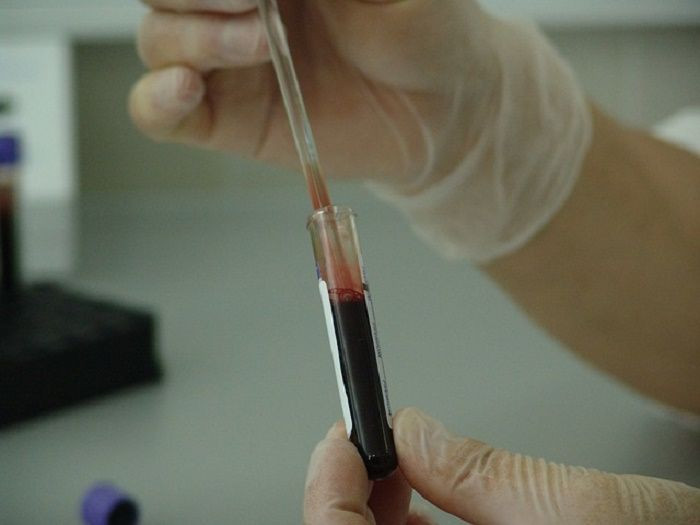Parkinson's Disease: High Levels Of Uric Acid In Blood May Reduce Risk

Men with high levels of urate in their blood, also known as uric acid, may be less likely to develop Parkinson’s disease, according to new research published in Neurology.
Urate forms when the body breaks down chemicals called purine. Purines are natural substances found in the body’s cells, though they can also be found in some food and drinks, including liver, anchovies, mackerel, dried beans and peas, and beer. And it's these purines researchers suspect are capable of slowing the disease down.
"These results suggest that urate could protect against Parkinson's or slow the progression of the disease in its very early stages before symptoms are seen," study author Xiang Gao said in a statement. "The findings support more research on whether raising the level of urate in people with early Parkinson's may slow the disease down."
Doctor's diagnose as many as 60,000 new cases of Parkinson's disease each year. The neurodegenerative brain disorder, which reportedly affects up to 1 million people in the U.S, strikes 50 percent more men than women, according to Florida Hospital. The average age of onset is 60.
For the study, researchers collected data from more than 90,000 men and women participating in three ongoing studies, 1,267 of which had not been diagnosed with Parkinson's. Participants were given blood tests in order to measure their urate levels, finding of that nearly 1,300 sample, 388 developed the motor system disorder after the studies began. The researchers combined these results with three previous studies on the topic in order to conduct a proper meta-analysis.
Normal levels of urate can range from 3.5 to 7.2 milligrams per deciliter, according to the study. Men with the lowest level of urate had levels of less than 4.9 mg/dL, while those with the highest levels had 6.3 to 9.0 mg/dL. And researchers found men who had the highest levels of urate were nearly 40 percent less likely to develop Parkinson’s disease than those with lower levels.
Among the men who developed the disorder during the study, 45 of them had the highest level of urate and 58 had the lowest level of urate. But among the healthy men, 111 were in the group with the highest level of urate and 107 were in the group with the lowest level. Researchers did not observe this relationship between higher urate concentrations and risk of developing Parkinson’s disease in women.
While the study does not prove a causal relationship between high levels of urate and the motor system disorder, it does suggest the chemical could be "protective against Parkinson ’s disease risk or could slow disease progression during the preclinical stage of disease," Gao said.
This is an exciting idea, given urate levels can be raised easily and inexpensively. However, Gao warns excessively high levels of urate can lead to its own set of health problems, like kidney stones and gout.
Source: Gao X, O’Reilly E, Schwarzschild M, Ascherio A. Prospective Study of Plasma Urate and Risk of Parkinson Disease In Men and Women. Neurology. 2016.
Published by Medicaldaily.com



























